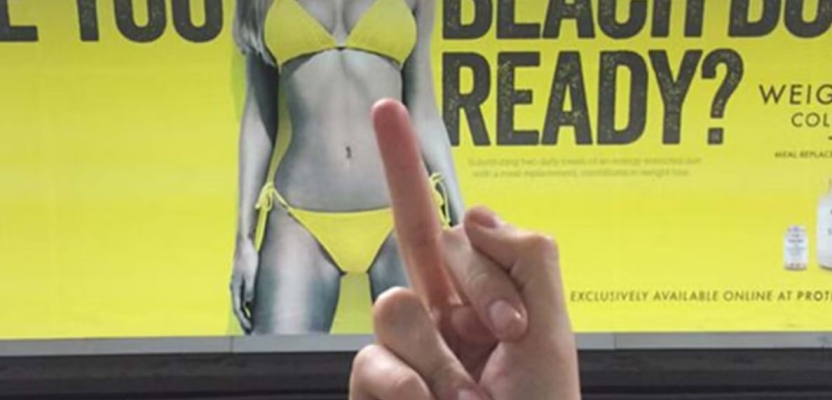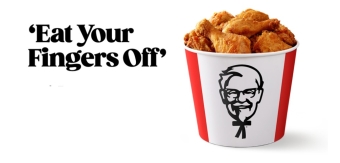Advertising wields substantial influence over public perception and behaviour, making ethical considerations paramount. Over the years, several controversial campaigns have highlighted the importance of ethical advertising. Here are some notable examples and the lessons they could offer going forward.
Nike's "Dream Crazy" Campaign
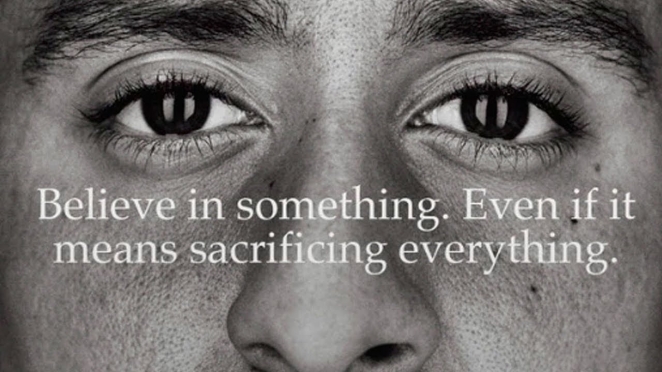
In 2018, Nike launched its "Dream Crazy" campaign featuring Colin Kaepernick, known for his protests against racial inequality. The tagline, "Believe in something. Even if it means sacrificing everything," aligned with Kaepernick's activism. While the campaign drew significant backlash, with many accusing Nike of being anti-American, it also resonated deeply with supporters of social justice. This campaign highlights the ethical considerations of aligning brand messaging with divisive social issues and the potential for both positive and negative impacts.
LUSH's "Spy Cops" Campaign
In 2018, LUSH launched its "Spy Cops" campaign to highlight unethical practices by undercover police officers. However, the campaign was perceived as anti-police, leading to public outcry and aggressive reactions in stores. LUSH had to pull the ads and issue an official statement. This incident underscores the need for brands to anticipate and manage public perception carefully, especially when addressing sensitive topics.
Protein World's "Beach Body Ready" Ad
Protein World's 2015 campaign featured a slim, bikini-clad model with the slogan "Are you beach body ready?" The ad was criticized for promoting unrealistic body standards and body shaming. Despite the backlash, the controversy brought significant publicity and profit to the company. This case illustrates the ethical responsibility of promoting healthy body images and the potential backlash from insensitive messaging.
Heineken's "Sometimes Lighter is Better" Ad
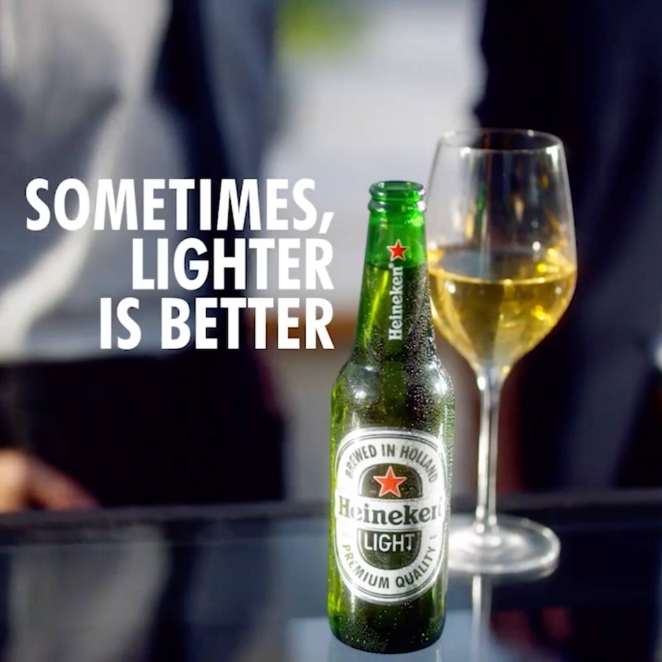
Heineken faced criticism for its 2018 ad promoting light beer with the tagline "Sometimes lighter is better," which was interpreted as a racial slur. The ad showed a beer sliding past dark-skinned individuals to a light-skinned woman, which many found offensive. Heineken quickly apologized and pulled the ad, highlighting the importance of cultural sensitivity and the need for diverse perspectives in advertising.
Bud Light's "#UpForWhatever" Campaign
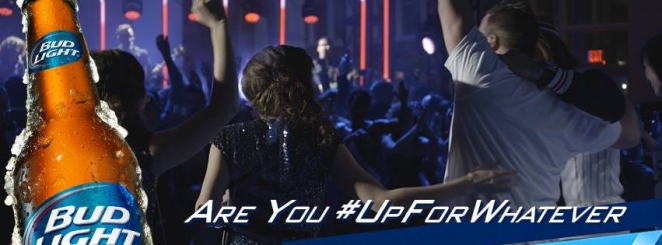
Bud Light's campaign included the tagline "The perfect beer for removing 'no' from your vocabulary for the night," which was condemned for promoting irresponsible drinking and potentially encouraging sexual assault. The campaign was pulled following public backlash, emphasizing the need for brands to avoid messaging that could be construed as endorsing harmful behaviours.
Ford's Misogynistic Ad
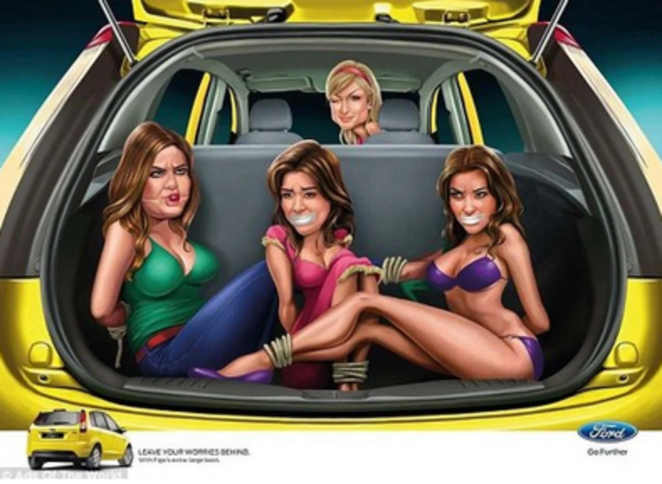
A Ford campaign in India depicted women bound and gagged in the trunk of a car, which was widely criticized for being misogynistic and insensitive, especially following a high-profile sexual assault case in the country. The ads were never meant for paid publication, but their release highlighted the severe consequences of failing to consider ethical implications and the importance of respecting cultural and societal sensitivities.
Dove's Racist Ad
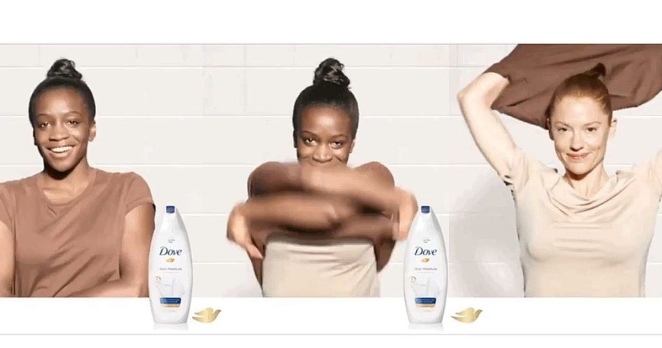
In 2017, Dove released an ad that showed a black woman turning into a white woman after using their product, which was perceived as suggesting that white skin was cleaner or better. The ad sparked significant backlash on social media, leading Dove to apologize and remove the ad. This incident underscores the critical need for brands to ensure their messaging does not inadvertently perpetuate racial stereotypes.
Lessons Learned
These examples highlight several key ethical considerations for advertisers:
- Cultural Sensitivity: Understanding and respecting cultural contexts is crucial to avoid offending audiences.
- Social Responsibility: Brands must carefully consider the societal impact of their messages and avoid exploiting social issues for commercial gain.
- Inclusive Representation: Advertising should promote inclusivity and avoid reinforcing harmful stereotypes or unrealistic standards.
- Consumer Well-being: Ethical advertising prioritizes the safety and well-being of consumers, avoiding messages that encourage harmful behaviours.
By learning from these controversial campaigns, advertisers can better navigate the ethical landscape and create responsible, effective advertising that resonates positively with diverse audiences.

